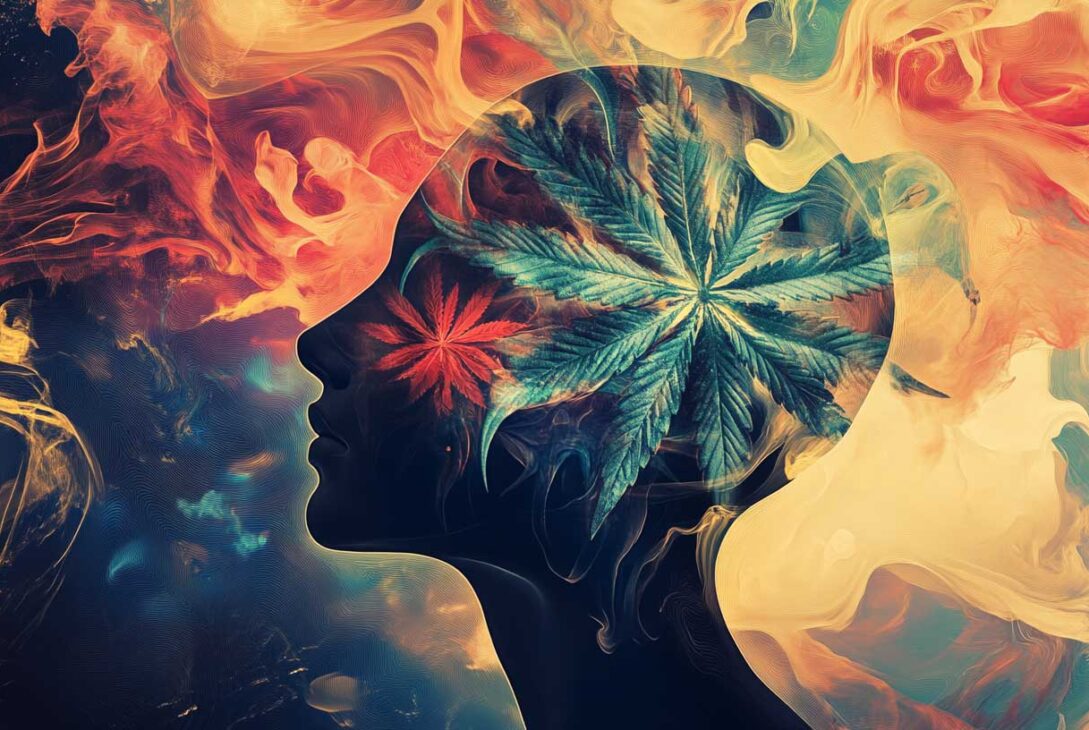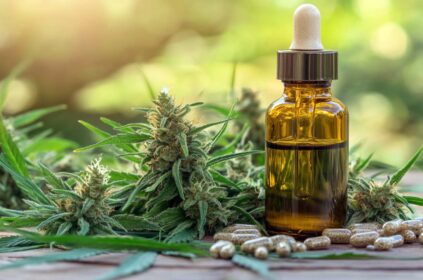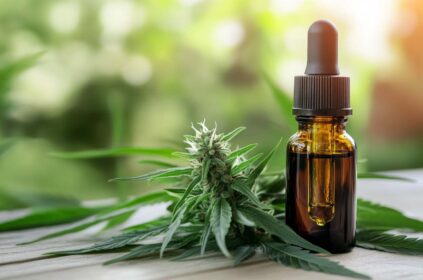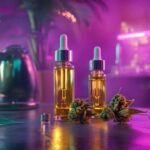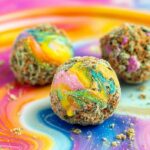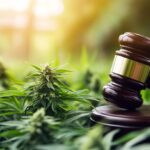Introduction to CBD and PTSD: A Comprehensive Guide
In recent times, cannabidiol (CBD) has emerged as a focal point of interest in the natural health community. This non-psychoactive compound, derived from the hemp plant, is being explored for its potential therapeutic properties, particularly in managing mental health conditions such as post-traumatic stress disorder (PTSD). This guide aims to shed light on CBD’s role in addressing PTSD, diving into its benefits, mechanisms of action, clinical research, and practical considerations for its use.
Understanding PTSD
Post-traumatic stress disorder is a multifaceted and debilitating condition that can manifest after an individual experiences or witnesses traumatic events. People grappling with PTSD often endure flashbacks, nightmares, significant anxiety, and an array of negative emotional responses. These symptoms can severely impact their quality of life, making daily activities a challenge.
While traditional treatments for PTSD usually involve a combination of psychotherapy and pharmacological interventions, some patients find these methods either ineffective or laden with undesirable side effects. Consequently, the search for alternative therapies, including CBD, has gained momentum.
CBD’s Mechanism of Action
Understanding how CBD interacts with the body is crucial in appreciating its potential benefits for PTSD. CBD engages with the endocannabinoid system (ECS), which plays a pivotal role in regulating a variety of functions, including mood, stress response, and memory processing. Unlike THC, which is the psychoactive component of cannabis, CBD does not produce a “high,” making it a more appealing option for those seeking relief without the euphoric effects.
Extinction of Aversive Memories
Studies suggest that CBD may enhance the extinction of aversive memories, a crucial process for individuals seeking to overcome the repercussions of trauma. By facilitating this process, CBD may help individuals recall traumatic memories with reduced anxiety, providing a pathway toward healing.
Reduction of Anxiety and Stress
For many with PTSD, anxiety and heightened stress reactions are part of daily life. Evidence indicates that CBD may lower these anxiety levels by positively influencing serotonin receptors in the brain, akin to some well-known anti-anxiety medications. Clinical trials have reported significant decreases in anxiety ratings among patients using CBD, underscoring its potential as a calming agent.
Improvement in Sleep Quality
Many individuals with PTSD struggle with sleep issues, including insomnia and nightmares. Research shows that CBD can enhance sleep quality by promoting longer, deeper sleep and mitigating sleep disruptions caused by anxiety. An effective sleep routine is essential not only for mental clarity but also for overall health.
Clinical Evidence and Research
As interest grows in the potential of CBD for PTSD, researchers have undertaken various studies to explore its efficacy.
Animal Studies
Preclinical studies involving animals have paved the way for understanding CBD’s effects on PTSD. These studies revealed that CBD could engage in every stage of memory processing, including how traumatic experiences are acquired and recalled. Moreover, CBD’s role in alleviating anxiety and enhancing sleep has been particularly compelling.
Human Trials
Human cases and trials are equally illuminating. One notable case involved a young child suffering from PTSD, whose symptoms—anxiety and sleep disturbances—improved markedly following CBD oil treatment. Larger studies have echoed these findings, showing a substantial reduction in PTSD symptom severity among adults who used CBD.
Recent Clinical Trials
A landmark study conducted in 2022 marked an advancement in research with its investigation into the effectiveness of CBD isolate and CBD broad spectrum in treating PTSD symptoms. While full results are pending, initial findings hint at CBD’s potential as an adjunctive treatment, highlighting the need for further exploration.
Safety and Side Effects
One of the most reassuring aspects of CBD is its safety profile. Research indicates that CBD is generally well-tolerated, with few side effects reported. When side effects do occur, they are typically mild, including sedation or occasional vivid dreams. As always, individual responses to CBD can vary, making it important to approach any new treatment with caution.
Practical Considerations and Next Steps
If you’re considering incorporating CBD into your PTSD management plan, several practical aspects should be top of mind.
Dosage
Determining the correct dosage can sometimes feel daunting. Research suggests that effective doses typically range from 25 mg to 300 mg daily. However, this can vary based on individual factors, including body weight, severity of symptoms, and overall health. Consulting a healthcare professional is crucial to tailor the best approach for your needs.
Product Selection
Choosing the right CBD product is essential. Not all CBD is created equal. When selecting a product, consider:
- Type of CBD: Full-spectrum or broad-spectrum products may provide enhanced therapeutic effects due to the entourage effect, where multiple cannabinoids work synergistically.
- Source: Ensure that products come from reputable companies that prioritize third-party testing for purity and potency.
- Form: CBD is available in numerous forms, including oils, capsules, edibles, and topical applications. Personal preference and requirements may guide your choice.
Combination with Traditional Therapies
Often, the best results are achieved when CBD is used in conjunction with conventional therapies. Exposure-based therapies, alongside CBD, may help reinforce therapeutic gains by making it easier to confront traumatic memories.
Conclusion
The potential of CBD as a supportive treatment for PTSD is backed by a growing body of research highlighting its ability to aid memory extinction, reduce anxiety and stress, and improve sleep quality. While more comprehensive studies are necessary to establish long-term effects and optimal dosages definitively, current evidence indicates that CBD might offer a valuable addition to traditional PTSD treatments.
Actionable Tips
- Consult a Healthcare Provider: Prior to starting CBD, seek advice from a healthcare professional to discuss potential interactions and establish a personalized care plan.
- Choose High-Quality Products: Look for CBD products that have been rigorously tested for safety and efficacy.
- Combine with Traditional Therapies: Consider using CBD alongside traditional treatment methods for enhanced effect.
- Monitor Your Progress: Keeping a symptom diary can provide insight into how CBD affects your symptoms and help adjust treatment as needed.
By weaving CBD into a holistic approach to managing PTSD, individuals may discover a path to improved mental well-being. The journey can be unique for everyone, but the promise of relief from the grip of PTSD is an encouraging prospect for those seeking alternatives.

